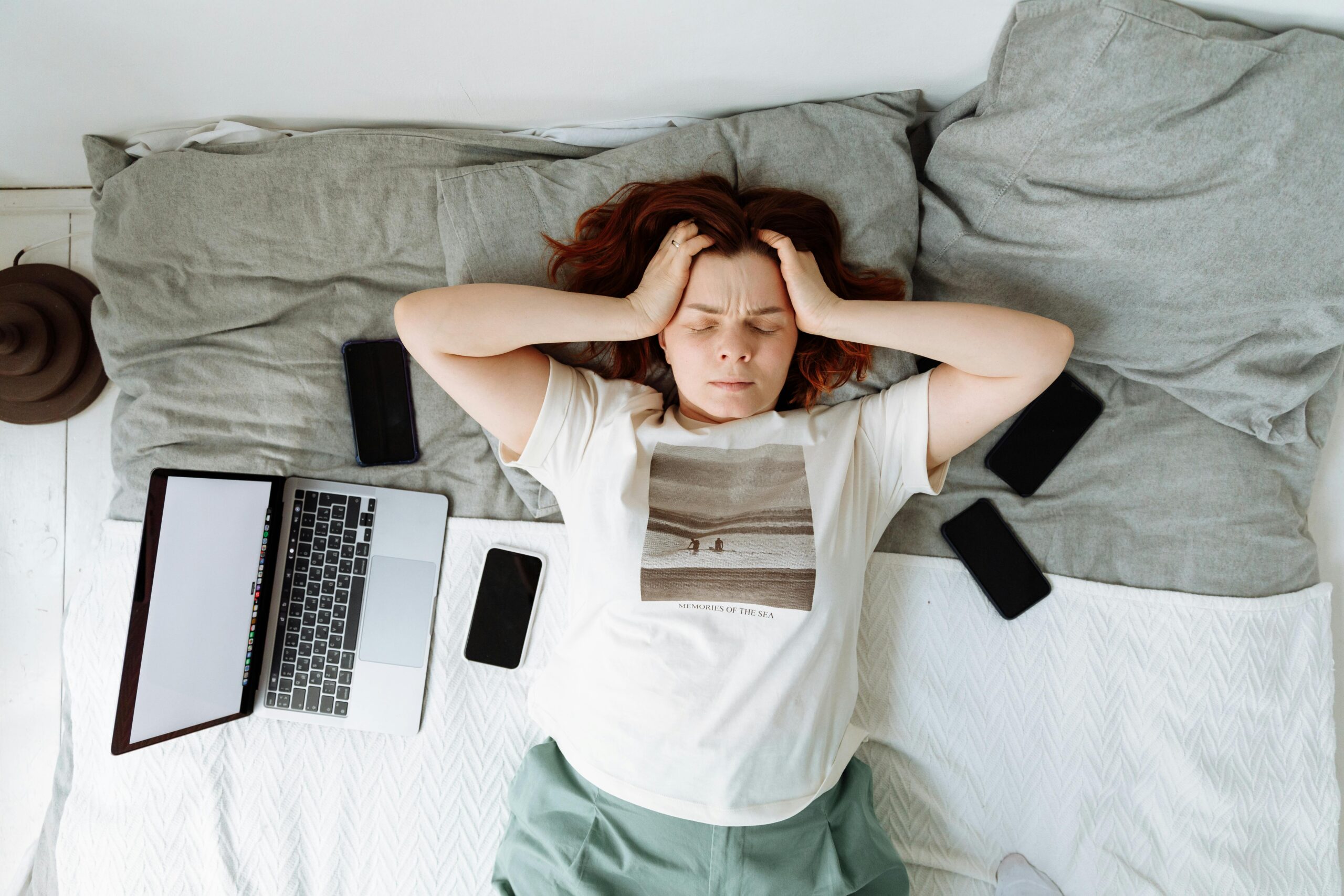The Connection Between Poor Sleep and Increased Anxiety
Have you ever found yourself tossing and turning at 3 AM, staring at the ceiling as if it holds all the answers to life’s mysteries? You’re not alone. Millions of people struggle with sleep issues, and as it turns out, those sleepless nights can be more than just an annoyance—they can actually fuel anxiety. Let’s dive into this tangled web of sleep and mental health, shall we?
What Happens When You Don’t Sleep Well?
First, let’s talk about what happens to your body and mind when sleep decides to play hard to get. Sleep is not just a time to recharge your batteries; it’s when your brain processes memories, regulates emotions, and even detoxifies itself. In other words, it’s like a nightly housekeeping service for your mind. When you skimp on sleep, it’s as if you’ve hired a lazy housekeeper who only shows up every other week. Chaos ensues.
Sleep Deprivation and Its Effects
So, what are the consequences of running on empty? Here are a few key players in the sleep deprivation drama:
- Increased Stress Hormones: Lack of sleep raises cortisol levels, that pesky hormone that makes you feel stressed. Think of cortisol as the uninvited guest at your party who just won’t leave.
- Heightened Emotional Responses: Sleep-deprived brains are like balloons filled with air ready to pop. Little annoyances can spark big reactions, making it hard to manage anxiety.
- Impaired Decision-Making: Ever tried to solve a puzzle with half the pieces missing? That’s what your brain feels like when it’s sleep-deprived. Poor decisions often lead to increased anxiety about those very decisions.
Understanding Anxiety: The Vicious Cycle
Now that we’ve established that poor sleep can mess with your mind, let’s talk about anxiety. Anxiety isn’t just a feeling; it’s a complex emotional experience that can leave you feeling trapped in your own head. And guess what? Poor sleep and anxiety are a classic case of “you scratch my back, I’ll scratch yours.”
It’s a vicious cycle: lack of sleep leads to anxiety, and anxiety, in turn, makes it even harder to sleep. It’s like trying to run on a treadmill that’s going in reverse—exhausting and frustrating!
How Sleep Affects Anxiety
Here’s a closer look at how these two elements intertwine:
- Racing Thoughts: When you can’t sleep, your mind may start racing with worries. This can create a snowball effect, where one anxious thought leads to another, turning into a full-blown mental avalanche.
- Physical Symptoms: Anxiety can manifest physically—think heart racing, palms sweating, and muscles tensing. This is not exactly conducive to a good night’s sleep. You might find yourself stuck in a loop of anxiety leading to insomnia and vice versa.
- Fear of Sleeplessness: The more anxious you feel about not sleeping, the harder it becomes to actually fall asleep. It’s like watching a pot boil—you just can’t look away, and it only makes things worse.
Breaking the Cycle: Tips for Better Sleep and Less Anxiety
So, how do we break this cycle? Fortunately, there are practical steps you can take to improve your sleep and, in turn, reduce your anxiety. Think of these tips as your toolkit for tackling the sleep-anxiety monster.
1. Establish a Sleep Routine
Consistency is key! Try to go to bed and wake up at the same time every day, even on weekends. Your body loves routine, and it will thank you for it.
2. Create a Relaxing Bedtime Ritual
Engage in calming activities before bed. This could mean reading a book, practicing mindfulness, or even indulging in a warm bath. Just avoid anything too stimulating—like binge-watching that thriller series that keeps you on the edge of your seat!
3. Limit Caffeine and Alcohol
Sure, that afternoon coffee might seem like a good idea, but too much caffeine can keep you wired long after the sun goes down. And while a nightcap might make you feel drowsy, alcohol can disrupt your sleep cycle. Balance is key!
4. Create a Sleep-Friendly Environment
Your bedroom should be a sanctuary. Keep it cool, dark, and quiet. Consider blackout curtains or a white noise machine—whatever it takes to create that perfect sleep oasis.
5. Seek Professional Help if Needed
If anxiety or sleep issues persist, don’t hesitate to reach out to a healthcare professional. Sometimes, a little help goes a long way.
Finding Your Balance
In the grand scheme of things, sleep and anxiety are intricately linked in a dance that can feel all-consuming at times. But remember, you have the power to regain control. By prioritizing your sleep and managing anxiety, you’re not only improving your mental health but also enhancing your overall well-being. And who doesn’t want that?
So the next time you find yourself wide awake in the middle of the night, remember—you’re not just losing sleep; you’re potentially amplifying your anxiety. But with a few conscious changes and a sprinkle of patience, you can start to turn the tides in your favor. Sweet dreams await!


